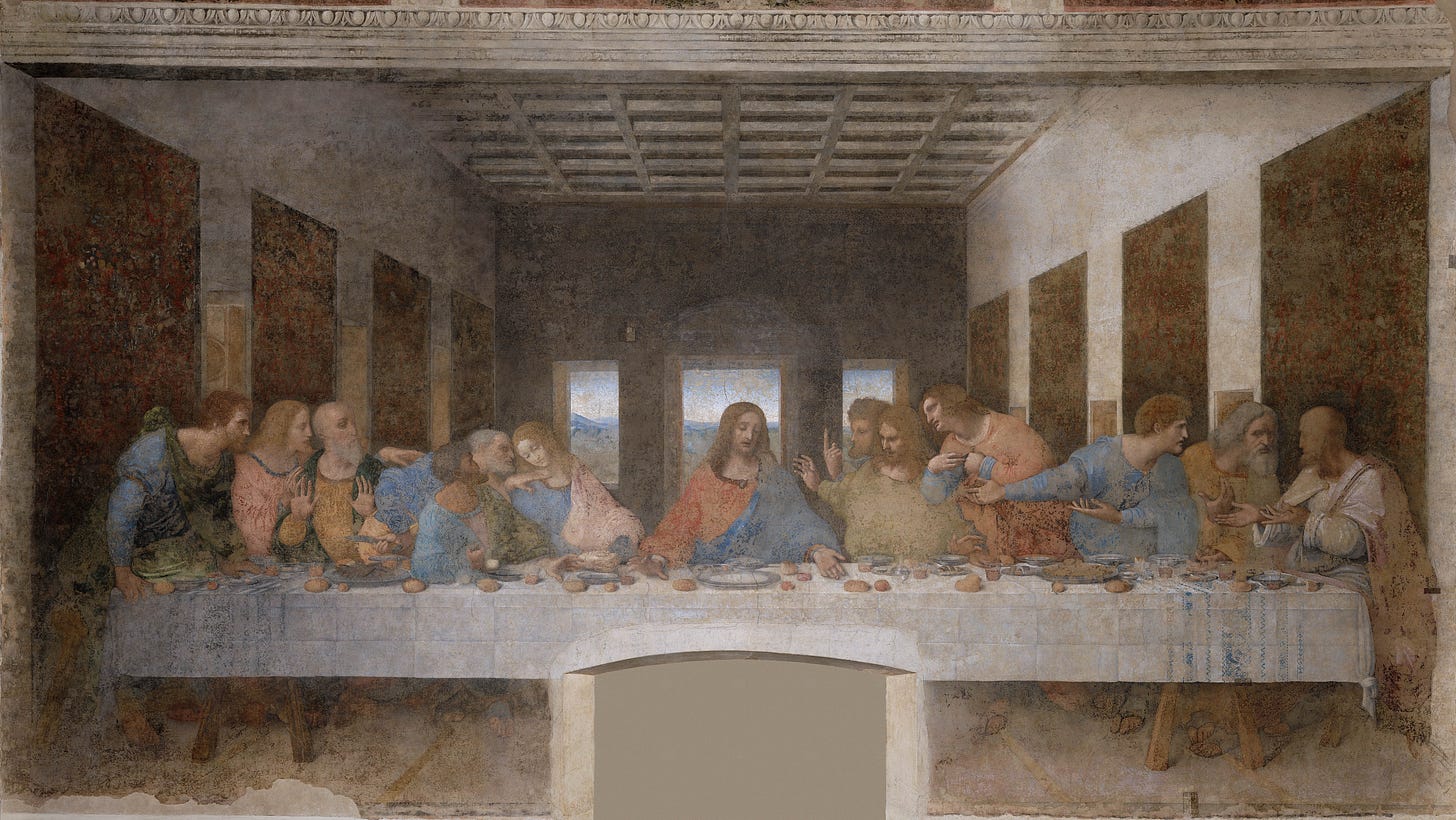The Last to Know
Lasts are coming for all of us. Why aren’t we preparing?

“I am about to take my last voyage, a great leap in the dark.” — Thomas Hobbes, 1679
When is the last time you pondered the word last?
Its use is frequent and common, and can be a verb (noting a length of time, as in “the play lasted two hours”), a noun (a form shaped like a foot, over which a shoe is repaired), or an adverb or adjective (signifying finality, as in “his last hours on earth”).
I was thinking about it last week, after the death of Queen Elizabeth II. Her death marked the end of an era — the second Elizabethan Age — a final curtain on the kind of steady, reassuring, and unassuming leadership she represented.
That’s a significant ‘last.’
Succession
And leaders should understand the importance of planning for the eventuality of the end of their service, whether it’s a planned or sudden transition. The Queen knew and had an intricate plan for a series of events (“London Bridge is down”) that we’re watching …



